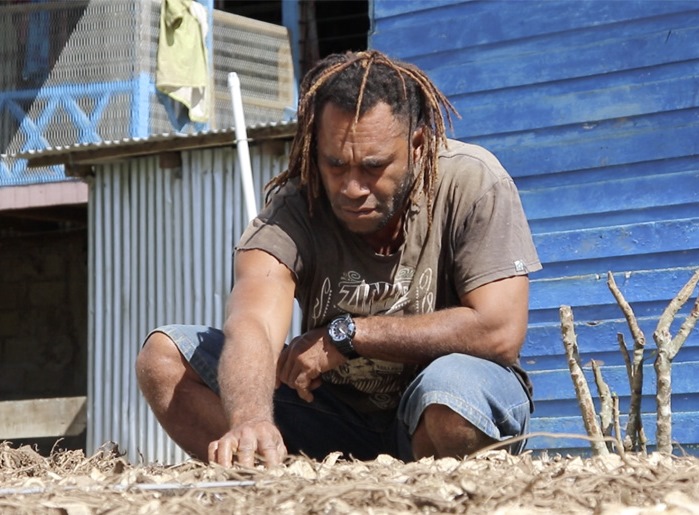Kava Task Force gains momentum to get industry ready to improve export
August 7, 2020

Despite the global pandemic of COVID-19, the export of kava from Fiji continues.
Kava is one of the country’s top export commodity raking in $32.5m in exports in 2019. Also significant was its impact on the local economy (local sales) where it generated over $300m as quoted in the Kava Value Chain Analysis Report.
The Task Force met on 6 August at the Ministry of Agriculture and continued its plans to up skill farmers with a training to be held early next month. The two-day Quality Standard Farmers’ training will be held in Bua on 1 and 2 September, 2020 after which the Task Force will then hold its next meeting.
The training has been conducted in other parts of the country with primary focus on the main kava producing areas such as Kadavu, Lomaiviti and Cakaudrove. Farmers will be trained on quality standards in improving the way kava is produced, harvested and prepared for consumption and for export.
The push to ensure the industry is ready with all the necessary infrastructure in place and farmers are thoroughly prepared, are the priorities of the Task Force.
It comes on the back of the Task Force waiting on the outcome of the decision to be made by the Australian Office of Drug Control, following its call for public submissions in May to allow the commercial importation of kava into Australia.
The Task Force considered the proposal a welcome step in the right direction and an increase in the volume of export of non-medicinal kava. This work has been paused due to the unprecedented impact of COVID-19 but will continue after this pandemic period.
The Task Force will continue its work to provide the central coordination, planning and consultation mechanism for the development of the industry in Fiji.
Members of the Task Force include representatives from government’s Ministry of Agriculture, Ministry of Health, Ministry of Commerce, Trade, Tourism and Transportation, Ministry of Foreign Affairs, kava exporters, Biosecurity Authority of Fiji, Farmer representative, Fiji Crop & Livestock Council, University of the South Pacific, Pacific Horticultural Agricultural Market Access (PHAMA), and the Secretariat of the Pacific Community (SPC).
ENDS
